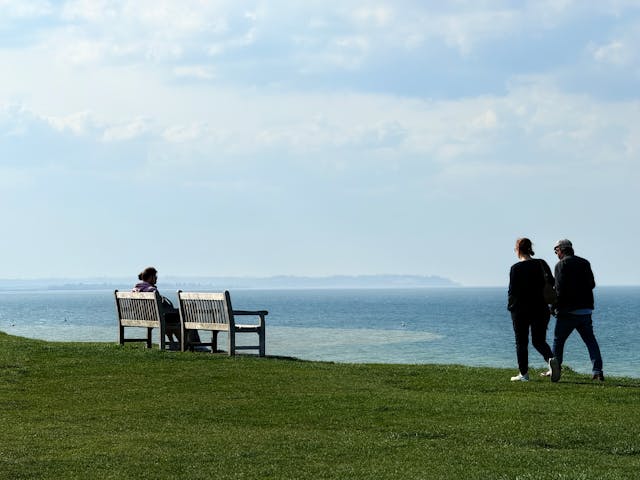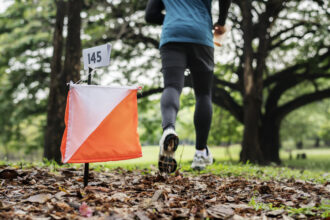According to new research, retired individuals who maintain a consistent exercise routine exhibit a stronger ability to withstand the detrimental effects of mental fatigue. The study, recently published in the Journal of Aging and Physical Activity, was conducted by a collaborative team from the University of Birmingham and the University of Extremadura in Spain. Their research explored the influence of age and physical activity on susceptibility to mental fatigue, examining cognitive and physical performance across various tests.
In the initial phase of the investigation, researchers observed two age groups of sedentary men: those aged 52 to 64 and those aged 65 to 79. The findings revealed that the older cohort consistently underperformed in cognitive and physical assessments compared to their younger counterparts. These impairments were particularly pronounced when participants were subjected to tasks following periods of induced mental fatigue, suggesting an age-related increase in vulnerability to cognitive depletion.
A second study was conducted to probe further this relationship involving retired men and women aged 66 to 72. This time, participants were divided according to their activity levels. Results demonstrated a marked difference: older adults who regularly engaged in physical activity outperformed their sedentary peers across mentally rested and fatigued conditions. This suggests habitual exercise is a protective factor, bolstering cognitive and physical resilience even under fatigue.
Professor Chris Ring, from the University of Birmingham and lead author of the study, highlighted the implications of these findings. “This study underscores the importance of maintaining physical activity as we age,” he explained. “It provides compelling evidence that regular exercise not only enhances physical fitness but also mitigates the effects of mental fatigue on both cognitive and physical performance.”
The research forms part of a broader international initiative examining the links between ageing, exercise, and cognitive health. Professor Ring and his colleagues assert that regular physical activity is a powerful, accessible intervention for preserving function and performance in later life. It supports cardiovascular and muscular health and appears to foster greater resistance to mental fatigue—a common challenge among older adults that can diminish the quality of life and functional independence.
Moreover, the team observed that age and inactivity amplify the impairing effects of mental fatigue, reinforcing the critical role of an active lifestyle in healthy ageing. Older adults who remain inactive are more susceptible to the natural declines associated with ageing and more likely to experience sharp performance drops when mentally taxed.
Professor Ring proposes a three-pronged strategy to empower older individuals to enhance their resilience in demanding situations. Firstly, he advocates for increased regular physical activity tailored to the individual’s capacity and preferences. Secondly, he recommends a preparatory warm-up that blends cognitive and physical tasks—such as puzzles combined with light aerobic activity—to better equip individuals for upcoming challenges, especially when they feel mentally drained. Lastly, he highlights the potential of Brain Endurance Training (BET), a method that integrates cognitive exercises with physical workouts, as a means to improve both mental and physical endurance.
In sum, this research contributes to a growing body of evidence affirming the multifaceted benefits of physical activity in later life. By demonstrating that regular exercise enhances physical capacity, cognitive function, and resilience to fatigue, it offers a persuasive argument for embedding physical activity into the daily routines of older adults. The study promotes exercise as a vehicle for healthy ageing and provides practical strategies for those seeking to remain sharp, agile, and independent well into their retirement years.
More information: Chris Ring et al, The Detrimental Effects of Mental Fatigue on Cognitive and Physical Performance in Older Adults Are Accentuated by Age and Attenuated by Habitual Physical Activity, Journal of Aging and Physical Activity. DOI: 10.1123/japa.2024-0227
Journal information: Journal of Aging and Physical Activity Provided by University of Birmingham








